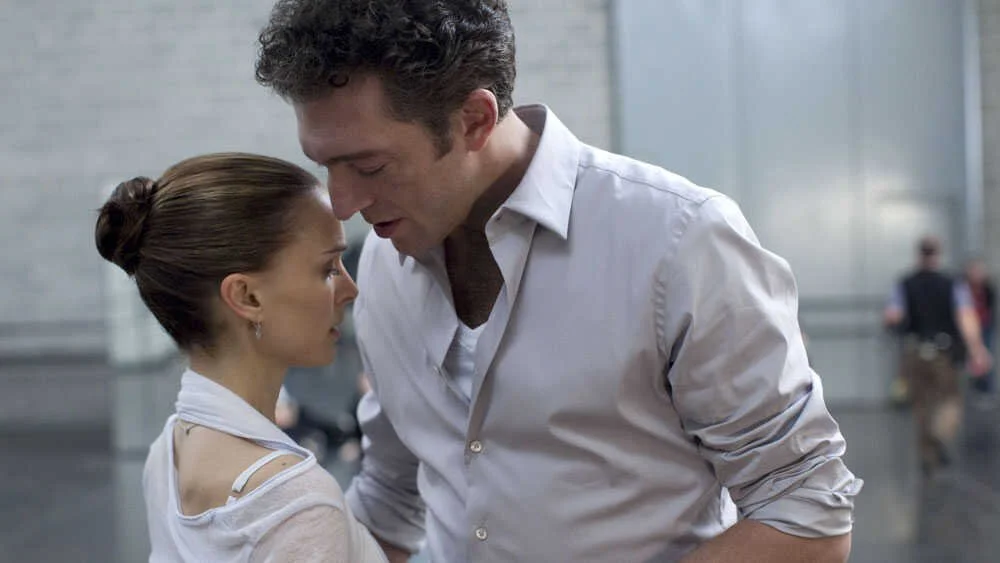Katherine Fusco teaches courses on film and American literature at the University of Nevada.
She writes about pop-culture, TV & Film.
heR scholarship focuses on the way different media forms shape identity.
Books
Essays
-
![]()
DIY WHITENESS IN THE AGE OF THE APOCALYPSE
There’s a shot in John Krasinski’s A Quiet Place that’s too, too lovely. In it, Emily Blunt appears with hair in a messy braid, Fair Isle sweater and overalls, framed in front of some homegrown flowers and a braid of drying garlic. I’m not going to fault Blunt for having achieved peak wedding hair, but there’s more than one thing about the scene — and the movie — that troubles me. It’s not just the aesthetics of womanly sacrifice and resolve, though, certainly, it is also that. What really gets me about the film, and its embrace by the indie elite, is how narcissistic aesthetic practice puts such a pretty filter over ugly narcissistic politics.
-
![]()
DOWNTON ABBEY: ANGLOPHILIA IS EMBARRASSING
The Anglophile’s imaginary England is a kind of mirror world. Like a grandfather—a relative in whom we see resemblance, but who clearly hails from another time. We feel affectionate toward him and maybe a little superior. Watching Downton, it’s lovely to see a plot in which the patriarch gets drunk, and rather than starting a brawl or bedding a scullery maid, he begins an awkward toast—a potential embarrassment that quick-witted chauffeur-turned-son-in-law Tom covers over by leading the household in rounds of “for he’s a jolly good fellow.” And the “good” characters’ foibles are so soft that it’s easy to feel a little wiser than those Granthams while also envying their outdated lifestyle.
-
![]()
THE DANGERS OF PARENTING A BEAUTIFUL DAUGHTER
I’ve always seen stage mothers as among the most loathsome of women, with their venal attachments to their child’s successes, their daughters’ loveliness becoming a marker of their own failures clouded by an air of has-been beauty. And yet, as a new mother of a sweet little girl, I see the temptation. I find myself doting over the elegance in my infant's cheeks, thinking about the kind of life implied by beauty—or its absence.
-
![]()
AHS: MY ROANOKE NIGHTMARE AND OUR INCOHERENT UNDERSTANDING OF TRUMP VOTERS
There’s a messiness to the story arcs of most seasons of American Horror Story that makes it a perfect document for tracing our sometimes incoherent ways of parsing a divided nation. Watching pundits attempt to explain what happened when Americans went to the polls in November, I’ve been frustrated by a kind of intellectual and explanatory stuttering. There’s been a popular narrative about the Trump voter: the forgotten poor white man in rural America raging at the neglect of and disrespect shown to his culture.
-
![]()
HEREDITARY AND THE MONSTROUSNESS OF CREATIVE MOMS
In Hereditary, we see three generations of women who are craftswomen and artists, and the effect of their art is to make their family members miserable. There’s an ominous note Annie discovers when going through her deceased mother’s possessions. It reads “Our sacrifice will pale next to the rewards.” Coming from a witch who also made embroidered pillows, it can be read as an artist’s statement of sorts, one that makes explicit the monstrosity of women who might harm their families in pursuit of their craft.
-
![]()
CHILDREN AND CHOICES: THE MEANING OF INOCULATION
Against the backdrop of anti-vaxxers and Black Lives Matter, health and life morph, appearing disconcertingly like commodities that only some have the right currency to purchase.
Scholarly Essays
-
![]()
Sexing Farina: Racial Fantasies of Episodic Gender in the Hal Roach Our Gang Comedies
PMLA 133.3 (2018): 526-541.
-
![]()
"Feast your eyes, glut your soul”: Lon Chaney, Tod Browning, Disfigurement, and the Limits of Redemptive Affects
Cinema Journal 57.4 (2018): 47-70
-
![]()
Better Travel through Brand Names: The Couture Grand Tour in Paris is a Woman’s Town and Gentlemen Prefer Blondes."
MFS: Modern Fiction Studies 62.1 (Spring 2016): 1-24
-
![]()
Squashing the Bookworm: Manly Attention And Representations of Male Reading in Silent Film
Modernism/Modernity 22.4 (November 2015): 627-650.
-
![]()
Voices from Beyond the Grave: Virtual Tupac’s Live Performance at Coachella
Camera Obscura 30.2 (2015): 29-53.
-
![]()
The Actress Experience: Cruel Knowing and the Death of the Picture Personality in Black Swan and The Girlfriend Experience
Camera Obscura 28.1 (2013): 1-35.
-
![]()
Love and Citation in Midnight in Paris: Remembering Modernism, Remembering Woody
The Blackwell Companion to Woody Allen. Eds. Peter Bailey and Sam Girgus. Oxford: Wiley-Blackwell, 2013.
-
![]()
Taking Naturalism to the Moving Picture Show: Frank Norris’s Influence on D.W. Griffith’s Narrative Development from A Corner in Wheat to The Birth of a Nation
Adaptation. 3.2 (September 2010): 132-154.
-
![]()
Systems Not Men: Producing People in Charlotte Perkins Gilman’s Herland
Studies in the Novel. 41.4 (Winter 2009): 418-434.
-
![]()
Brute Time: Temporal Representation in Vandover and the Brute and the Actuality Film
Studies in American Naturalism. 4.1 (Summer 2009): 22-40.
-
![]()
“Girls Who Can’t Say No: Marilyn’s Playboy, Digital Resurrections, and the Matter of Posthumous Consent.”
Accepted to Incomplete: The Feminist Possibilities of Unfinished Film, Eds. Alix Beeston and Stefan Solomon, Forthcoming from University of California Press.
-
![]()
“Techniques of Justice: W.E.B. Du Bois's Data Visualizations and the Problem of Representing the Race.” Winner of the 1921 Prize in American Literature.
With Lynda Olman, Melus 46.3 (2021): 1-29.
WINNER OF THE 1921 PRIZE IN AMERICAN LITERATURE




















